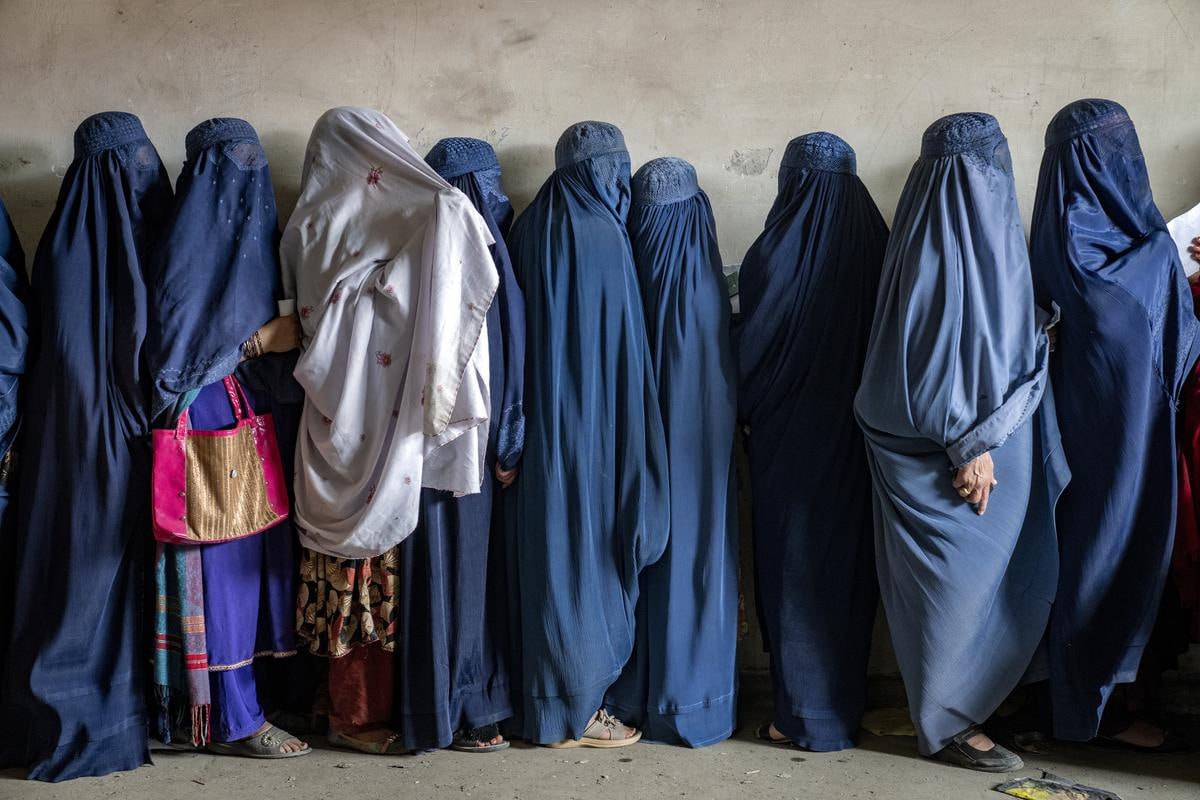
Taliban Bans Women’s Books and Academic Subjects: How Education for Women Is Being Destroyed in Afghanistan in 2025
Afghan universities have faced yet another wave of repression against women, education, and freedom of thought. The Taliban has officially banned books written by women and 18 academic subjects, including human rights, gender studies, women’s sociology, “Gender and Development,” “The Role of Women in Communication,” as well as works by Iranian authors.
This decision has affected not only certain disciplines but the entire university curriculum.
“The Taliban has removed books written by women from the university curriculum in Afghanistan as part of a new ban that also covers teaching about human rights and sexual harassment,” reported the BBC.
According to official documents, the ban covers more than 140 books by women authors from scientific and humanities research to guides on laboratory safety. These works were added to a list of 680 titles that the Taliban deemed “problematic” due to “anti-Sharia content” or “noncompliance with Taliban policy.”
Additionally, universities have been ordered to stop teaching 18 university disciplines. As a Taliban representative explained, these subjects “contradict the principles of Sharia and the system’s policy.”
Six of these subjects are directly related to the study of women’s rights, their role in society, and communication.
Discrimination and International Law: A Systematic Policy of Isolation
The Taliban’s actions are a clear example of gender-based discrimination. The ban on books written by women is not just censorship. It is a deliberate policy to erase women’s experience, knowledge, and contribution to science and education.
“Given the Taliban’s misogynistic policies and thinking, it is only natural that when women are forbidden to study, their ideas, thoughts, and texts are also suppressed,” emphasized former Deputy Minister of Justice Zakiya Adeli, who was also included in the list of banned authors.
These restrictions directly violate key norms of international law above all, the UN Convention on the Elimination of All Forms of Discrimination Against Women (CEDAW) and the International Covenant on Economic, Social and Cultural Rights. Beyond gender discrimination, the Taliban’s actions undermine the right to education, academic freedom, and equal access to knowledge.
An Attack on the Scientific Community
It’s not just women who are under attack. The ban on Iranian books and authors destroys the only bridge between Afghan university education and global science. One professor at Kabul University admitted:
“Books by Iranian authors and translators are the main connection between Afghan universities and the global academic community. Their removal creates a significant void in higher education.”
The university lists (310 Iranian titles out of 680 banned) are not just an administrative act. They are a conscious move toward isolation, condemning Afghan youth and the academic community to an intellectual ghetto.
Post List
Systematic Discrimination: Education for Women in Afghanistan Has Been Effectively Destroyed
Over the past four years, the Taliban has consistently shut women out of education:
- Banning education in middle and high school.
- Closing professional courses (such as in midwifery) without explanation.
- Now, even university disciplines and textbooks concerning women are subject to censorship and removal.
“In light of what the Taliban has done over the last four years, it wasn’t hard to predict changes in the curriculum,” noted Zakiya Adeli.
Restrictions extend to other areas as well this week alone, at least 10 provinces banned fiber-optic internet, formally “to prevent immorality.”
What the Country Is Losing
Educators trying to adapt to the new rules state:
“Under these circumstances, they are forced to prepare textbook sections themselves, taking into account the rules set by the Taliban government. But it’s unclear if it’s possible to cover these topics according to global standards.”
Being outside of global standards is the actual goal of Taliban policy: to isolate, silence, and cement patriarchal norms as the only acceptable ones. Today, Afghan society and especially women and youth have lost yet another opportunity to be part of the global world of knowledge, exchange, and progress.
The Taliban’s policy is not only an attack on women’s rights but a crime against the development and future of the entire country. Violating international obligations and practicing systematic discrimination, the Taliban is isolating Afghanistan, depriving it of a future and of the opportunity to participate equally in the global community.
True resistance to this policy is the voice of solidarity, support, and the fight for every woman’s right to knowledge, profession, and dignity.















